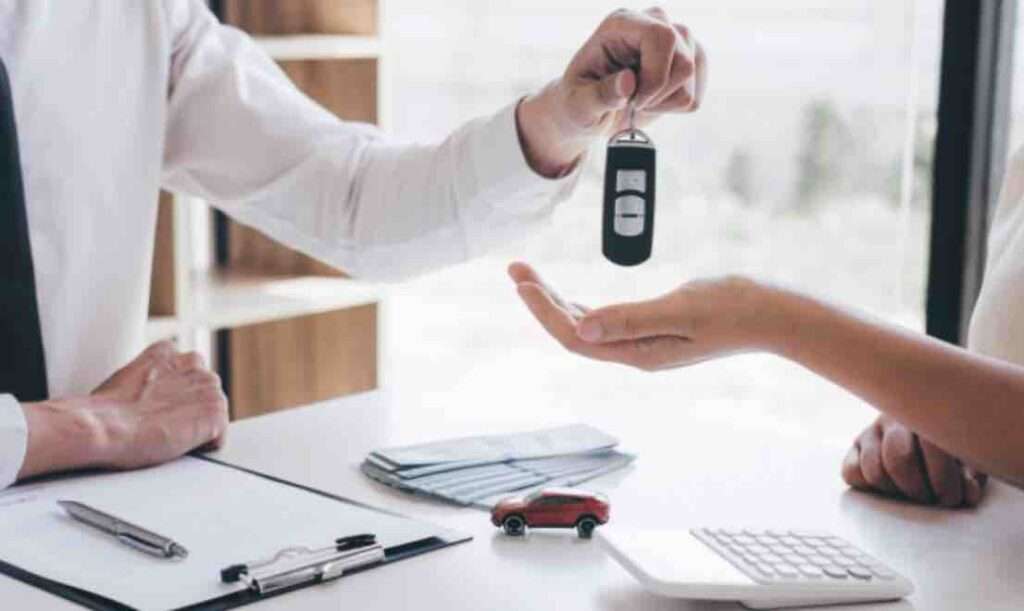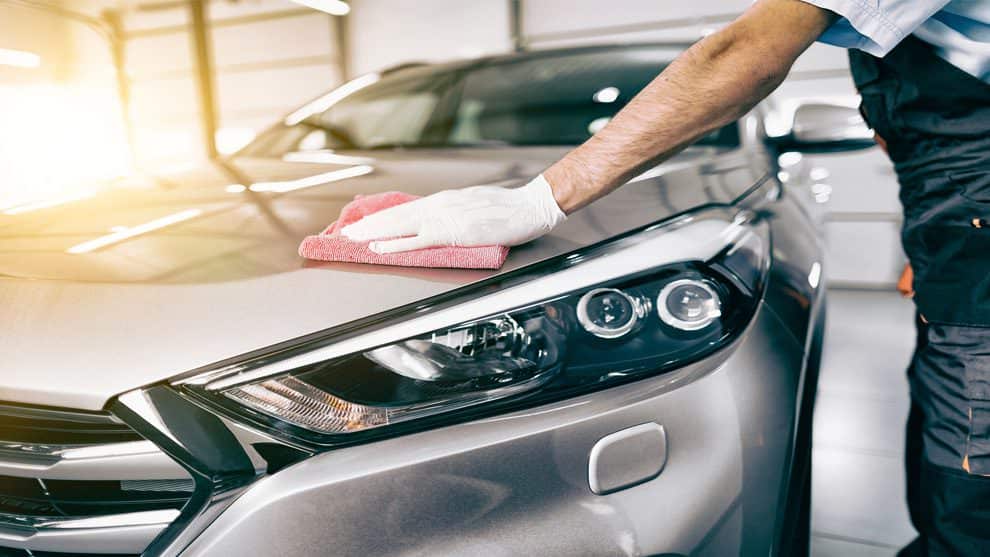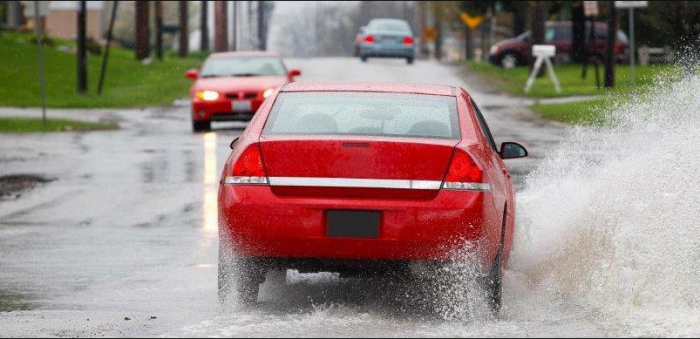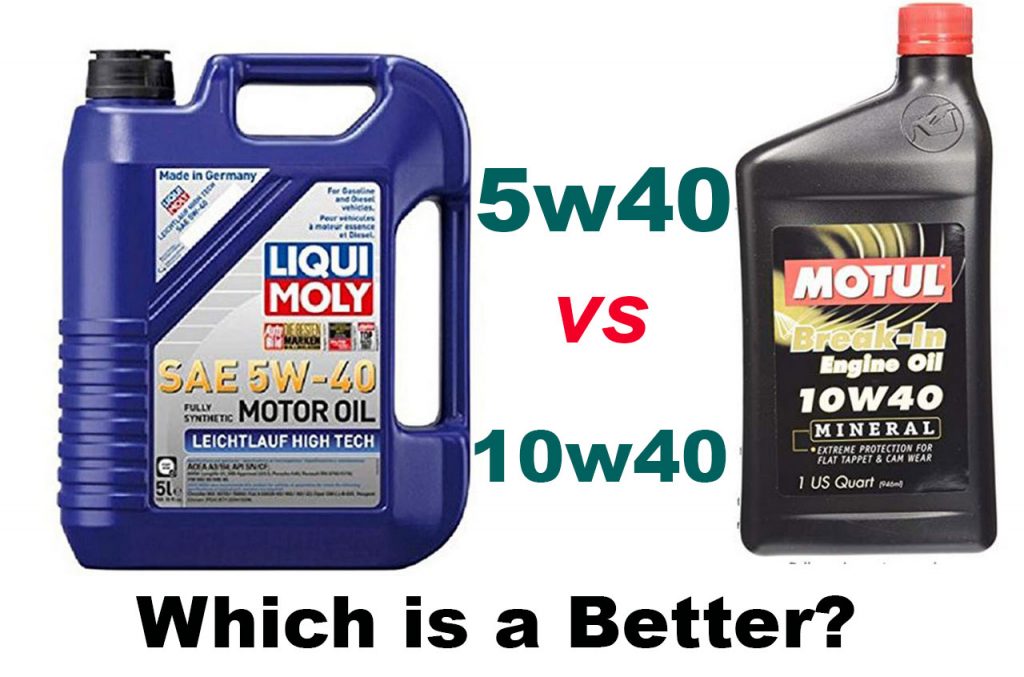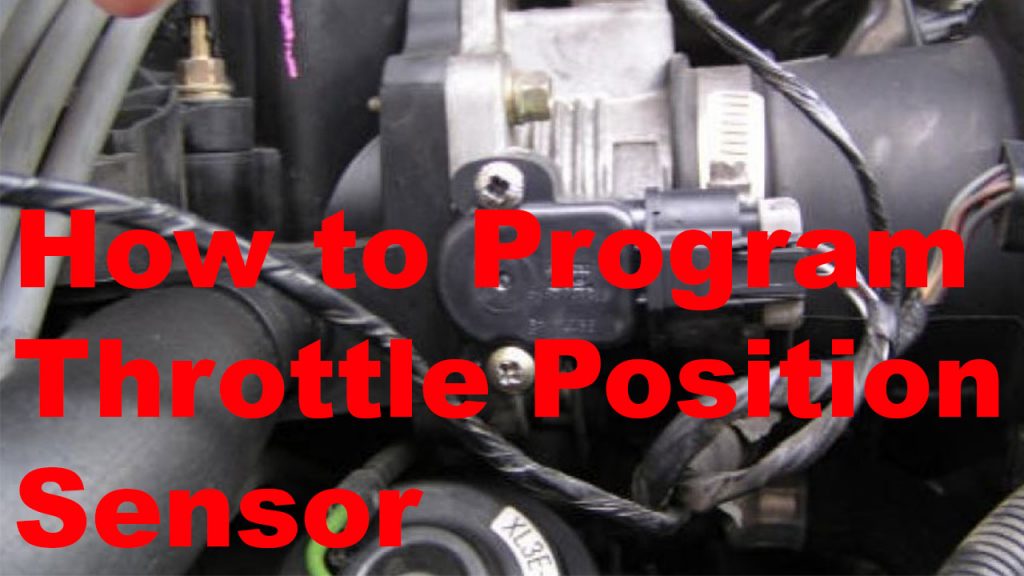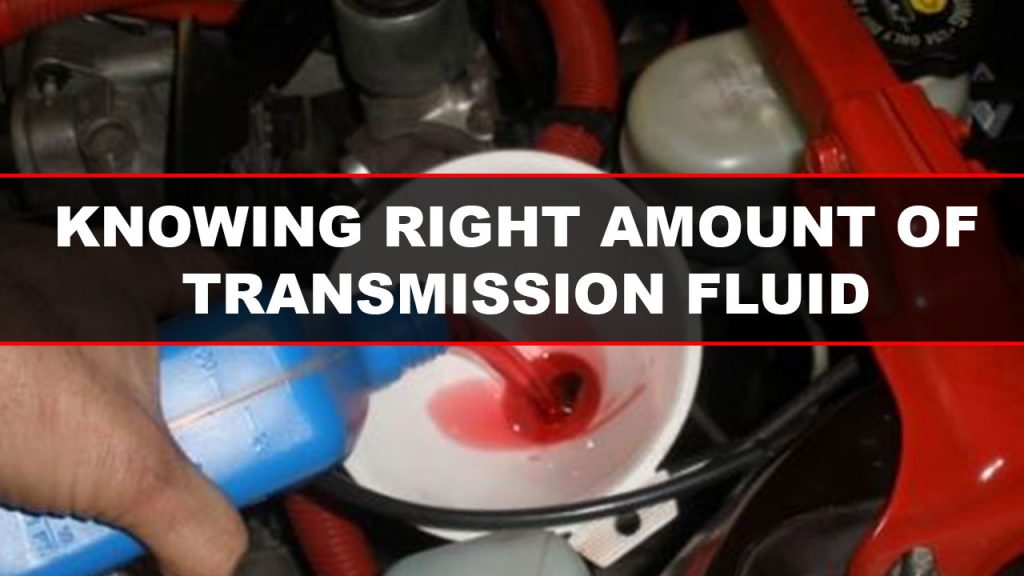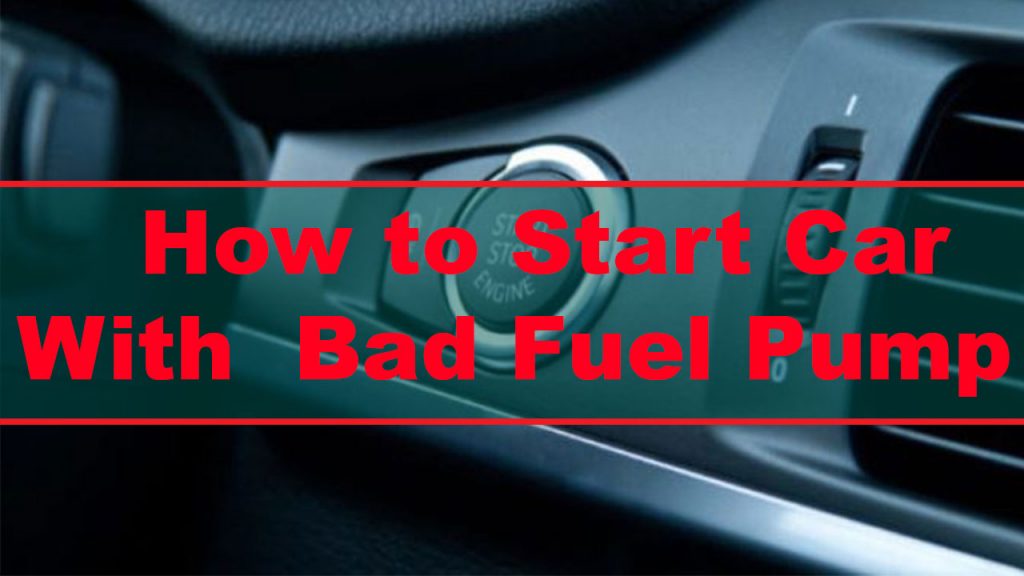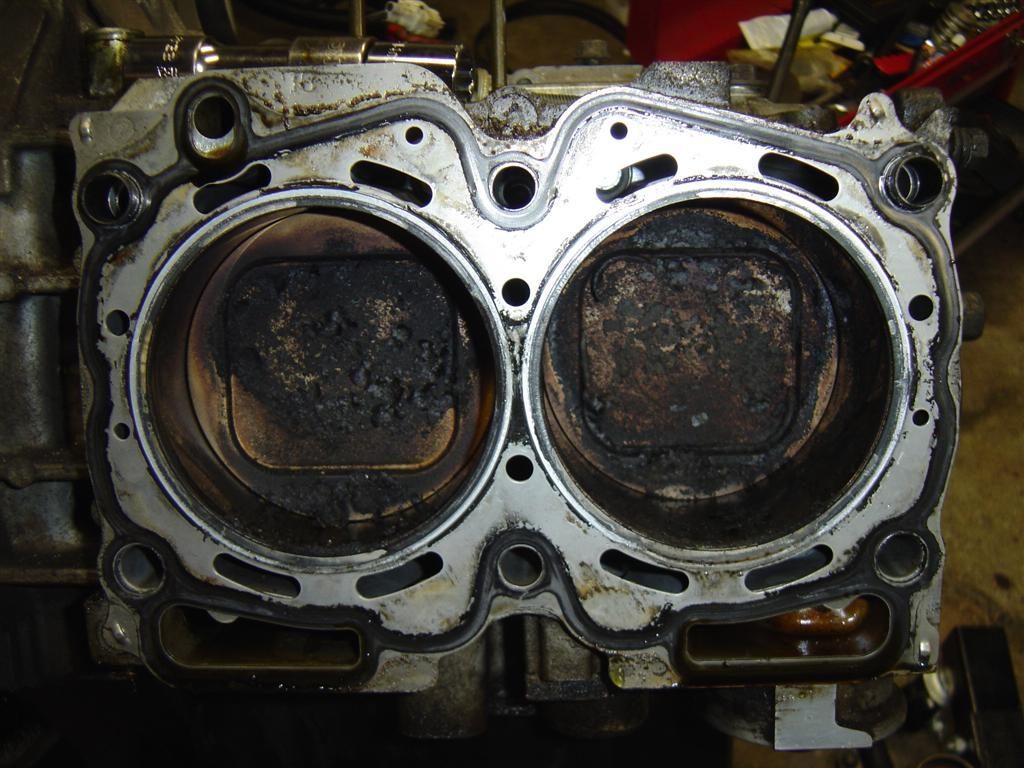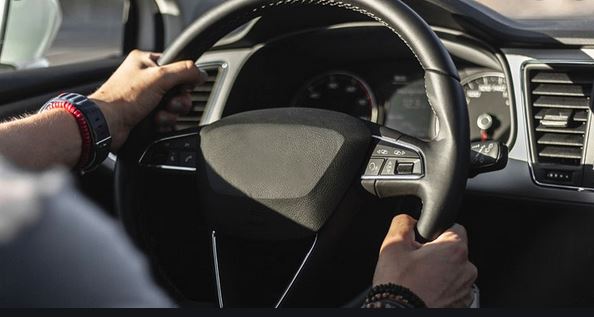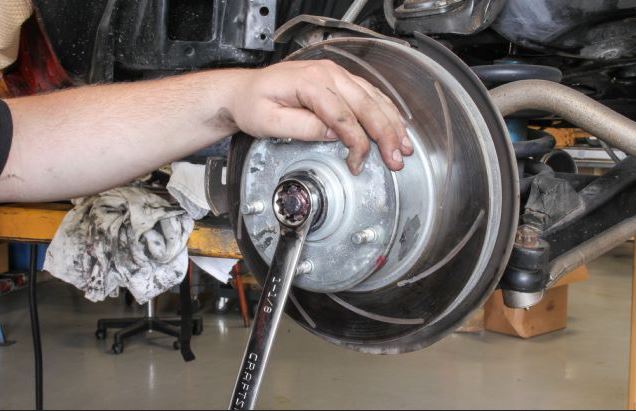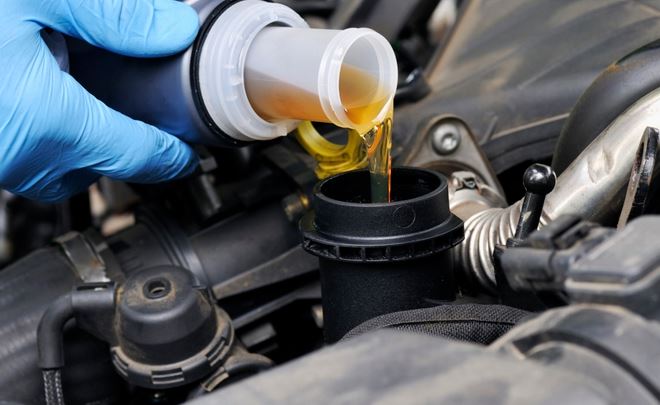Last updated on August 1st, 2023 at 08:04 am
If you are looking guide on how to buy a car from a private seller with cash then you have come to the right post as we will go through the pros and cons of buying a cars from a private seller with cash and what paperwork is needed when buying a car from a private seller and how and where to buy a car from a private seller?
Let’s be real, buying a vehicle can be a major deal for many, be it a used cars or a new car. It’s not just about the shiny new wheels; it’s about the money you are dropping too, the responsibility that comes with it and all the legalities. One crucial decision we’re often wrestling with is whether to walk into a dealership or shake hands with the individual seller. Recently, a lot of folks are leaning toward the latter.
And stay with me as we’ll talk about the good and the bad, what papers to keep handy, and even give you tips on what to do once you’ve got that sweet ride parked in your driveway. The aim?
To arm you with the knowledge you need to make this journey smooth and successful.
Now let’s get right into it fully
How to Buy a Car from a Private Seller with Cash
When considering buying a car with cash from a Individual seller are some tips for you:
1. The Initial Research
All right, first things first – do your homework. Decide what kind of car suits your style and needs. Think about everything from size and gas mileage to reliability and your budget. Once you’ve got a model in mind, get online and see what kind of dough people are shelling out for it in your area. Trust me, spending some time on online forums and car review websites will be worth its weight in gold.
2. Making the Right Selection
Now, with your newfound knowledge, start your hunt. Take it slow and easy – there’s no rush. Remember, you’re not just looking for a good-looking set of wheels. Take the vehicle for a spin, check it over carefully, and always ask for the vehicle’s history report. If you want to be extra sure, bring along your trusted mechanic to give the vehicle a once-over.
3. Negotiating with the Seller
Found your dream ride? Great! Now, it is time for some wheeling and dealing. Your research will come in handy here, helping you negotiate a fair price. If the car needs any fixes, factor that into your offer. And hey, a little charm goes a long way. Keep it friendly and professional.
4. Making a Cash Payment
Now, when I say “cash,” I don’t mean showing up with a suitcase full of greenbacks. A cashier’s check or money order is usually the way to go. Safer and more practical. And don’t walk away without a receipt for your records.
5. Finalizing the Sale
Payment’s done. Now for the final touches. Make sure you’ve got all the paperwork right – including the title transfer. Double-check everything. Got the keys? Awesome! Just remember, if the seller’s license plates are still on, you’ll have to take them off. You’ll need to get your own plates registered under your name.
See this for How to Get Temporary License Plates When Buying from a Private Seller (Quick Guide)
The Pros and Cons of Buying a Car from a Private Seller with Cash
Pros/ Advantages
1. Potential Cost Savings
Who doesn’t love saving money? One sweet advantage of buying privately is the chance to nab a pretty good deal. Individual sellers don’t have to worry about covering overhead costs as dealerships do, so the price tag might be a bit friendlier.
2. Direct Communication with the Owner
When you’re buying private, you’re chatting directly with the person who’s spent years with the car. They can give you the real scoop on how the vehicle has behaved over the years, the little quirks it has, and how they’ve cared for it.
3. Possible Vehicle History Insight
Being nose-to-nose with the owner can also give you a pretty solid picture of the car’s past. Ever been in an accident? How often was it serviced? These juicy details can be incredibly handy when deciding to buy.
Cons/ Disadvantages
1. Lack of Warranties
On the flip side, buying private means you are probably not getting a warranty. Once you fork over the cash and get the keys, any gremlins that pop up in the vehicle are all yours.
2. Risk of Undisclosed Issues
With private sellers, there’s a chance they might not spill all the beans about the car. There might be hidden problems that pop up after the sale, and that’s a risk you take.
3. Need for Due Diligence
Buying a used vehicle from an individual seller means rolling up your sleeves and doing your own detective work. You’ve got to check all the paperwork, thoroughly inspect the car, and ensure the whole deal is above board. It is definitely more work than strolling into a dealership.
So, What Paperwork is Needed to Buy a Car from a Private Seller?
1. Title Transfer Documents (TTD).
Title papers play an invaluable role. Think of it as your car’s passport – when purchasing; the seller needs to sign over his copy for you and verify the VIN (Vehicle Identification Number).
2. Bill of Sale
Your Bill of Sale serves as proof that the car belongs to you; it details its make, model, and VIN along with the sale price as well as the names and addresses of both you and the seller. Essentially it acts like your receipt; its contents provide official proof that payment has been received and ownership transferred successfully.
3. Release of Liability
This clause protects both parties. For the seller, this releases them of liability should anything go amis with the car after the sale; and marks exactly when ownership passed to you as an indicator for both of you.
4. Vehicle History Report
While not strictly necessary, having access to a Vehicle History Report gives you a good picture of what to expect with any potential purchase. By keeping up-to-date on accidents and repairs over the vehicle’s history as well as noteworthy events, it helps give an understanding of exactly what it entails before purchasing or leasing any particular vehicle.
5. As-is Document
When buying a used ride from private sellers, purchasing “as is” usually means accepting all liabilities should any issues arise after the sale; hence it would be prudent to have this agreement documented to avoid confusion later.
Where to Buy a Car from a Private Seller
1. Online Marketplaces
In this digital age, the world and the internet are your biggest car’s lot. Websites like eBay Motors, Craigslist, and AutoTrader are packed with individual sellers showcasing their cars. You can sift through the listings with just a few clicks and filter to find the exact model you are after and then reach out to the seller privately via direct message.
2. Classified Ads
Old school but still cool, classified ads are a tried and true way to find Individual sellers. Whether you’re scrolling through online listings or flipping through the pages of your local paper, you never know when you’ll stumble upon the perfect ride.
3. Social Media Platforms
Believe it or not, social media isn’t just for viral dances and food pics. Places like Facebook Marketplace can be gold mines for car buyers. Some towns even have local car-selling groups where folks list their wheels for sale.
4. Through Personal Connections
Sometimes, it is all about networking. Got a friend, cousin, or colleague looking to sell their car? Or maybe they know a guy who knows a guy. You’d be surprised how often word-of-mouth can lead you straight to the perfect set of wheels. So, put the word out there that you are looking to purchase.
How Long Do You Have to Register a Car After Purchase
So How Long Do You Have to Register a Car After Your Purchase?
Regulations in Different States
Once the keys are in your possession, the countdown starts – though how quickly depends entirely upon where you reside. Certain states offer three months before registration becomes due, while others only grant one week; do your research beforehand to avoid unpleasant surprises!
Consequences of Failing to Register in Time
Are You Waiting to Register Your Car? Think Again – the penalties vary widely by state but typically involve parting with some of your hard-earned cash in the form of fines and late registration suspension, leading to further issues should the police stop and ticket you! So make it a top priority to register your vehicle right after purchasing it; better safe than sorry!
When Purchasing Used Cars: How Can License Plates Affect Purchase Decision
You have to consider the following:
Transfer of Existing License Plates (A.)
Sometimes it can be beneficial to simply keep the license plates that already belong to a car – your local regulations will determine this, and it can quickly get it road ready! But make sure that any transfer is legal and responsible.
How to Register New License Plates
If your old plates won’t transfer, or you want a brand-new set, or just want something shiny new to show off on your car, applying for new plates might be necessary. This typically requires making an appointment at either DMV or BMV with proof of title ownership and insurance information in hand, filling out forms, paying the appropriate fee, then showing up ready with shiny new plates!
Here are some insurance options when buying from an individual seller
- Liability Insurance: The liability insurance is there to cover the other guy’s car repairs and any medical bills if the accident was your fault. It’s a must-have in most states.
- Comprehensive Coverage: You know those unexpected situations that make you say, “You’ve got to be kidding me?” A tree branch falls on your car, or it’s stolen or vandalized. Comprehensive coverage steps in to cover those non-collision damages. It’s like your car’s personal safety net.
- Collision Coverage: Did you run in with another car or a post? No problem. Collision coverage takes care of the repair or replacement costs for your vehicle. It’s like a personal bodyguard for your car’s bodywork.
- Uninsured/Underinsured Motorist Protection: Let’s say a driver without adequate insurance hits you, or worse, hits and runs. That’s when this policy becomes your best friend, covering your damages.
- Medical Payments/Personal Injury Protection (PIP): This coverage has your back (literally), paying out for your medical expenses and those of your passengers, no matter who caused the accident. It’s like having a health plan for your car rides.
- Gap Insurance: Imagine you’re still paying off your car loan and – disaster strikes – your car is totaled or stolen. Gap insurance will step in, covering the difference between your car’s current market value and what you still owe on it. It saves you from shelling out cash for a car that’s no longer yours.
What to Consider After Acquiring a Second-Hand Car: Maintenance Plans
Conduct a Complete Inspection.
An inspection doesn’t stop once the car keys are in your hand; you must also do a full check yourself after purchasing the car or get an expert mechanic.
Steps for Routine Maintenance Steps
Make regular checks of the car’s oil level, tire pressure, coolant level, brake fluid level, and general cleanliness and fuel level, and don’t overlook keeping it fueled up!
Importance of Maintaining Scheduled Maintenance
Your car manual will provide an ideal maintenance schedule guide based on how far you’ve driven the car; be sure to abide by it religiously for expensive issues.
Recap
We have examined every facet of buying used cars with cash from private sellers. From reviewing paperwork requirements and where best deals may lie to post-sale tasks like registration and maintenance responsibilities – everything has been covered here! You may want also to read this related article.

